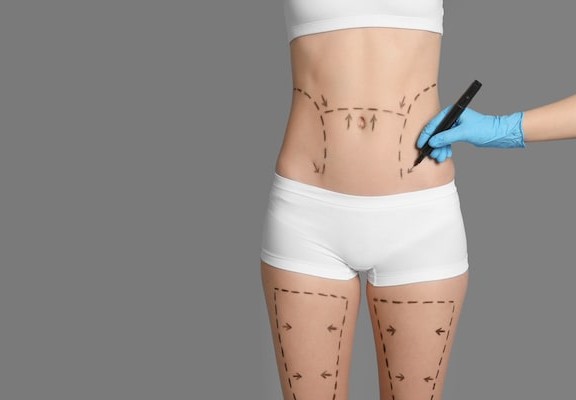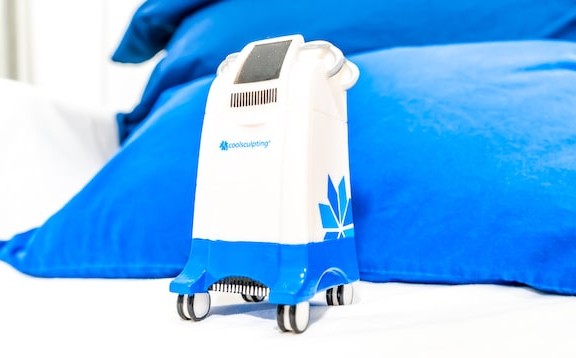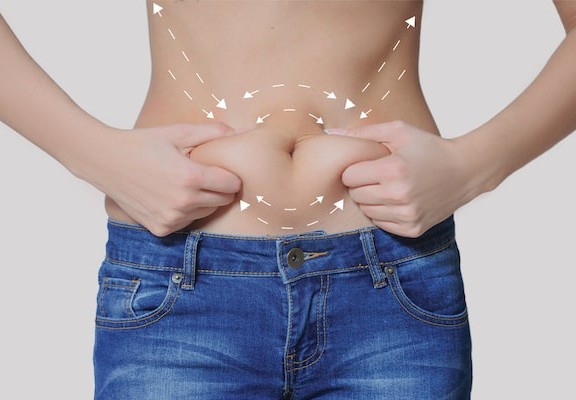 In the past, liposuction was viewed predominantly as a procedure for those who were overweight and wanted excess fat removed. However, that isn’t always the case right now. Liposuction is something even a person with a fit or athletic body is inquiring about on a regular basis. If that seems strange, think about the fact that even an athletic person may have stubborn localized areas of fat which they can’t seem to shake. They may want that area more defined in order to improve its look and their self-esteem. However, some people claim that liposuction can cause the appetite to grow.
In the past, liposuction was viewed predominantly as a procedure for those who were overweight and wanted excess fat removed. However, that isn’t always the case right now. Liposuction is something even a person with a fit or athletic body is inquiring about on a regular basis. If that seems strange, think about the fact that even an athletic person may have stubborn localized areas of fat which they can’t seem to shake. They may want that area more defined in order to improve its look and their self-esteem. However, some people claim that liposuction can cause the appetite to grow.
Body contouring procedures, such as liposuction, are so common that they usually don’t carry complications such as scarring provided the plastic surgeon is adequately skilled. Some patients do have uncommon side effects including a change in menstruation, body hair growth, sexual hypersensitivity and an increased appetite. Although an increase in appetite can be prevalent with some patients, it is not a result of the procedure. However, an increased appetite can be a result after a large volume of fat is removed.
A person is born with a genetically determined amount of fat cells. The number of fat cells rarely changes within a person’s lifetime. The fat cells can increase in size with a poor diet and lack of exercise but are not normally eradicated. After liposuction, the body’s usual number of fat cells is significantly decreased which leaves the body with a smaller number of cells to be influenced by internal and external factors.
Leptin is the main hormone in the body which helps to regulate the energy balance by slowing down hunger via hypothalamus. When a patient has liposuction, there is less available leptin to inhibit hunger which causes an increase in appetite. In light of this change in the body, there is a considerable amount of research being done to determine the connection between fat cells, hunger, appetite and metabolism. Research is also being done to understand the relationship between this hormone and its influence on the body’s metabolic system and fat storage.
In the meantime, a person experiencing increased appetite after liposuction can combat their hunger by speaking with their doctor. The doctor will generally put the patient in touch with a nutritionist who can provide a dietary plan. The doctor can also refer the patient to personal trainers for yoga or workouts which can assist in keeping their appetite and weight under control.




